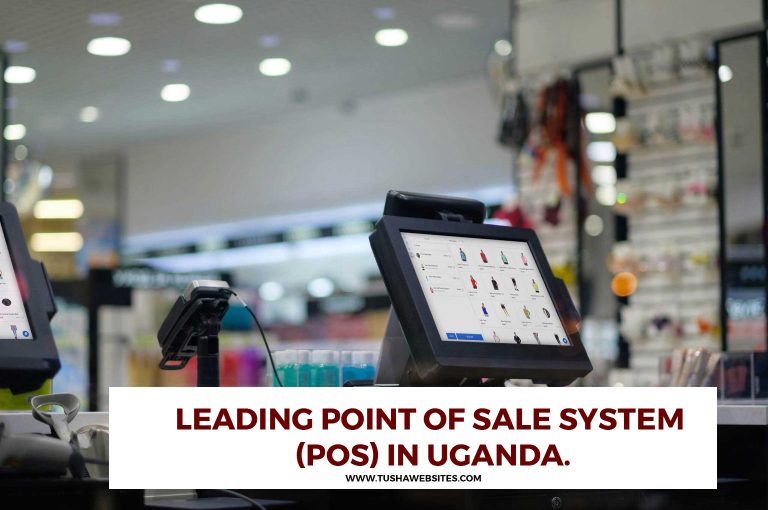Point of Sale (POS) systems in Uganda, as in many other parts of the world, are essential tools for businesses to manage their sales, inventory, and financial transactions. A POS system typically includes both hardware and software components that help streamline retail operations. Here’s an overview of POS systems in Uganda:
- Hardware Components: POS hardware in Uganda can include items like cash registers, barcode scanners, receipt printers, card readers, and touchscreen monitors. Depending on the business’s size and specific needs, the hardware components can vary.
- Software: POS software is the heart of the system. It helps businesses process sales, manage inventory, and generate reports. There are various POS software options available, ranging from basic solutions to more advanced ones with features like employee management, customer loyalty programs, and analytics.
- Payment Options: Many POS systems in Uganda support various payment methods, including cash, mobile money (such as MTN Mobile Money and Airtel Money), and debit/credit card payments. Integration with popular local payment processors is common.
- Inventory Management: Inventory management is crucial for businesses, and many POS systems in Uganda offer features for tracking stock levels, reordering products, and managing suppliers. This is especially important for businesses dealing with perishable goods.
- Receipts and Invoices: POS systems generate digital receipts and invoices for transactions. These receipts can be printed or sent electronically, depending on the customer’s preference.
- Local Regulations: Businesses in Uganda must adhere to local tax regulations. A good POS system should be capable of calculating and recording taxes accurately. It’s essential to choose a system that complies with Ugandan tax laws.
- Customer Relationship Management (CRM): Some POS systems in Uganda offer CRM functionality, allowing businesses to track customer purchases and preferences. This can be valuable for implementing loyalty programs and targeted marketing.
- Support and Training: It’s crucial for businesses to choose a POS system that offers local support and training. This ensures that the system is well-maintained and that employees know how to use it effectively.
- Internet Connectivity: In Uganda, internet connectivity can sometimes be unreliable. Therefore, businesses may need to consider whether their POS system can function offline and sync data when a connection is available.
- Cost: The cost of a POS system can vary widely. Smaller businesses may opt for more budget-friendly options, while larger enterprises may invest in more robust and feature-rich systems.
- Security: Security is a top concern, as fraud and data breaches can be costly for businesses. A good POS system should have robust security features, such as encryption and user access controls.
- Customization: Some businesses may need a POS system that can be customized to their specific needs. Customization options can vary between different software providers.
When choosing a POS system in Uganda, it’s essential to consider the specific requirements of your business, the available budget, and the level of support and training needed. It’s also a good idea to research and compare different POS system providers to find one that suits your business best.
Post Views: 417


